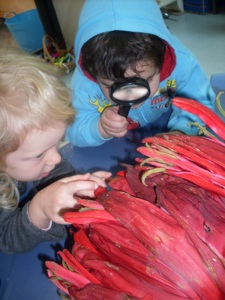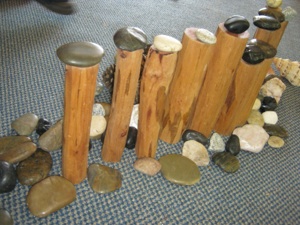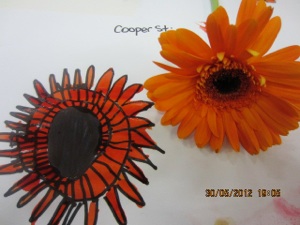At Wee Care we view children as unique individuals that deserve more than simply being responded to on a needs basis. This is not to deny our concern for children’s needs but rather to give attention and strength to the rights that are often ignored “ rights as protagonists in their own learning and right as citizens” (Rinaldi). We therefore have shifted the focus from “at risk” and “in need” to a positive focus of “rights”. We recognise children’s potential, observable in their flexibility, curiosity, sense of wonder, imagination and desire to grow, communicate and relate to people.
We understand that all children enter our Early Childhood setting with a history, life experience and knowledge. The Care and Education of young children is viewed not in isolation but in relation with family, peers, education, the environment and local community. A continuous dialogue among children, educators and families facilitates a reflective curriculum. Children Being, Belonging and Becoming.
Wee Care provides a truly child centred program which
develops in children a desire to learn, question, analyse , hypothesise and
research, building an excellent basis for a lifetime of
learning. We are influenced by many Educational theorists
and models and are especially interested in an Italian
experience in Early Childhood, called Reggio Emilia as well
as Howard Gardeners Theories of Multiple Intelligences,
the Forest Schools of Scotland and Scandinavia ,
Emergent Curriculum and The Early Years Learning
Framework of Australia.
The Hundred Languages of Children:
Children possess an innate capacity for expression and
communication in infinite ways.
“ The child
is made of one hundred.
The child has
a hundred languages
a hundred hands
a hundred thoughts
a hundred ways of thinking
of playing, of specking.
A hundred, always a hundred
ways of listening,
of marvelling, of loving,
a hundred joys
for singing and understanding,
a hundred worlds
to discover,
a hundred worlds
to invent,
a hundred worlds
to dream.
The child has a hundred languages
(and a hundred hundred hundred more)
but they steal ninety nine.
The school and the culture
separate the head from the body.
They tell the child:
to discover the world already there
and of the hundred
they steal ninety nine.
They tell the child:
that work and play
reality and fantasy,
science and imagination,
sky and earth,
reason and dream
are things
that do not belong together.
And thus they tell the child
that the hundred is not there.
But the child says:
No way. The hundred is there!
Loris Malaguzzi, founder of the Reggio Emilia Philosophy, 1920-1994.




